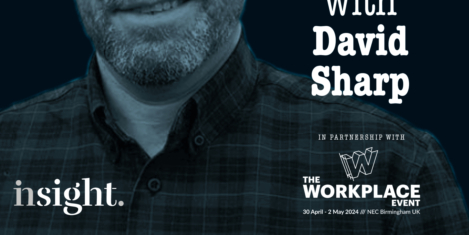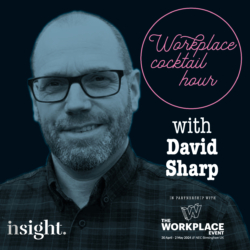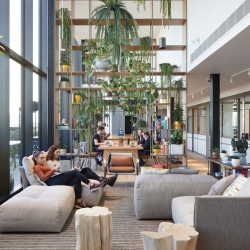March 4, 2024
A quarter of projects don’t meet their stated goals – but that’s not because of remote working
 A quarter of all projects do not meet the business goals that their organisations set for them, according to research published by the Project Management Institute (PMI) in the 15th edition of its Pulse of the Profession report – The Future of Project Work. The newly released report, based on the responses of over 2,000 project professionals and 300+ senior leaders around the world, paints what the report says is a concerning picture of project outcomes across various industries globally. The report also highlights the reasons for this and excludes remote working as a major factor. More →
A quarter of all projects do not meet the business goals that their organisations set for them, according to research published by the Project Management Institute (PMI) in the 15th edition of its Pulse of the Profession report – The Future of Project Work. The newly released report, based on the responses of over 2,000 project professionals and 300+ senior leaders around the world, paints what the report says is a concerning picture of project outcomes across various industries globally. The report also highlights the reasons for this and excludes remote working as a major factor. More →



































March 1, 2024
Navel gazing may not be the answer to the challenges facing workplace professions
by Mark Eltringham • Comment, Facilities management, Workplace, Workplace design
An adherence to strongly held beliefs can make people think and behave in peculiar ways and get them tangled up in peripheral issues that take on a great deal of significance. Early religious artists, for example, spent centuries wrestling with the seemingly intractable problem of whether to depict Adam and Eve with belly buttons or not. More →